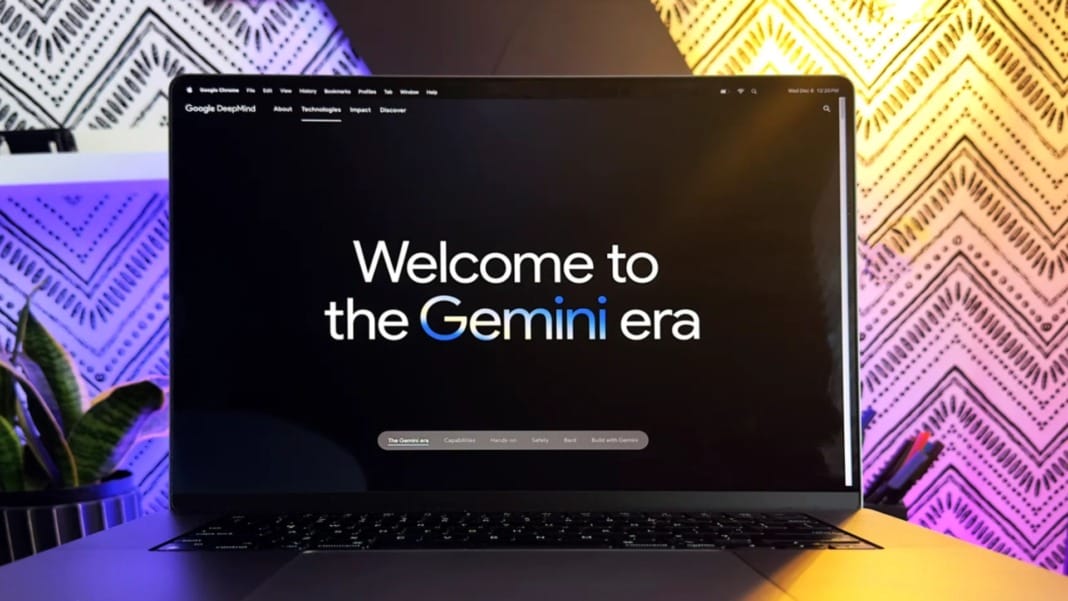In the swiftly evolving realm of generative artificial intelligence (AI), ethical training in these technologies is becoming a critical issue. A recent report highlights Apple’s initiative with its ‘Ajax’ large language model (LLM), which is possibly one of the few models trained both legally and ethically. Apple has adopted innovative methods aimed at maintaining high standards of privacy and legality, setting an example in an industry fraught with ethical challenges.
The complex landscape of copyright law in AI
Navigating copyright law in the era of generative AI is a formidable task. As AI tools proliferate, the reliance on copyrighted materials for training LLMs without clear licensing agreements is becoming increasingly contentious. These AI models require vast amounts of data to produce coherent and persuasive responses, similar to human learning processes. However, the use of copyrighted content without proper authorisation has sparked significant debate over whether such practices constitute copyright infringement.
Critics argue that employing copyrighted works in the training and output of LLMs without explicit agreements infringes on the rights of copyright holders. Despite this, many tech companies continue these practices, often leading to legal challenges and growing resentment within the creative community.
Legal battles and Apple’s ethical approach
The use of copyrighted content by AI firms has led to numerous legal battles. Notable lawsuits include actions taken by the New York Times against OpenAI and Microsoft in December 2023 and complaints from prominent authors like George R. R. Martin and Jonathan Franzen in September 2023. Additionally, over 15,000 authors have appealed to tech giants to ensure fair compensation and credit for the use of their works in AI training.
Amid these controversies, Apple stands out by actively seeking to license copyrighted materials for its LLM, Ajax. Reports from Apple Insider suggest that Apple has been diligently licensing content from major news publishers since December, using these materials as training data while avoiding potential legal and ethical pitfalls.
This conscientious approach extends to how Apple’s Ajax is expected to function. It is designed for basic on-device capabilities in future Apple products, potentially pairing with licensed software like Google’s Gemini for more advanced features. This strategy not only mitigates legal risks but also enhances user privacy by keeping the LLM entirely on-device, preventing it from accessing online databases that could involve copyrighted material.
Moreover, Apple’s commitment to ethical AI practices is reinforced by its approach to input selection and privacy preservation. A recent paper detailed Apple’s careful choice of images and text-based inputs to train Ajax, focusing on enhancing capabilities like image captioning and multi-step reasoning without compromising user privacy.
As we anticipate further developments from Apple, particularly at the upcoming WWDC 2024, it’s clear that Apple’s efforts could significantly influence the broader AI industry. By prioritising ethical and legal considerations, Apple not only protects creators’ rights but also fosters a more sustainable and responsible AI ecosystem.





